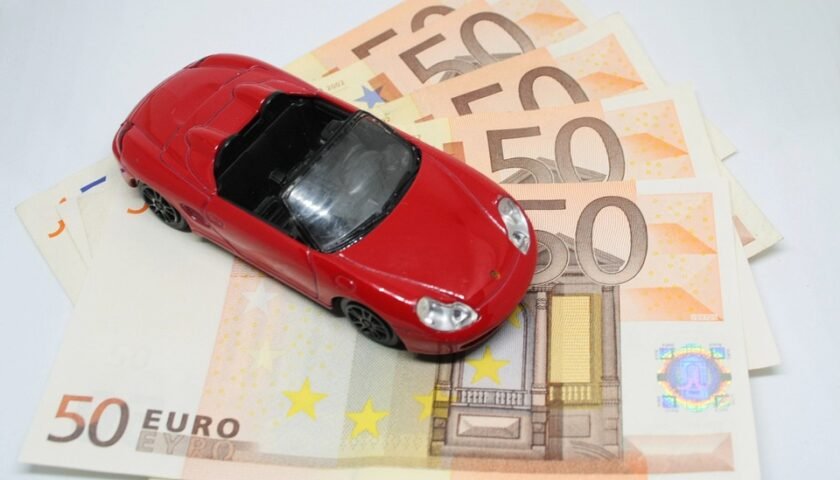[ad_1]
Exploring Gap Insurance: Bridging the Financial Gap in Case of Total Loss
When it comes to protecting our investments, insurance is a crucial tool. We purchase auto insurance to protect our vehicles from unforeseen accidents and mishaps. However, what happens if your car is declared a total loss by an insurance company? Many people are unaware that the payout from their insurance may not cover the actual amount owed on their vehicle. This is where gap insurance comes into play.
Gap insurance, also known as guaranteed asset protection insurance, is a type of coverage that helps bridge the financial gap between what you owe on your auto loan or lease and the actual cash value (ACV) of your vehicle in the event of a total loss. It covers the difference, ensuring that you are not left with a loan or lease balance to pay off, even if it exceeds the ACV.
Let’s take a closer look at how gap insurance works and its importance in protecting your financial well-being:
Understanding the Financial Gap:
When you purchase a new vehicle, its value starts to depreciate the moment you drive it off the lot. In the unfortunate event of a total loss, your insurance company will typically offer you a settlement based on the vehicle’s ACV – its value at the time of the accident. However, this amount may not cover what you owe on your car loan or lease.
Car loan terms can range anywhere from three to six years, and during that time, the value of your vehicle continues to depreciate. In the early years of your loan, the depreciation often outpaces the loan balance reduction, resulting in a financial gap between what you owe and what your insurance is willing to pay.
This is where gap insurance becomes crucial, as it covers the difference between the insurance payout and the loan balance, offering you financial protection and peace of mind.
Importance of Gap Insurance:
1. Protection against Negative Equity: If you are financing or leasing a new car, you may find yourself in a situation where the loan balance exceeds the value of the vehicle. In such cases, if your car is declared a total loss, gap insurance protects you from being responsible for the negative equity, ensuring you don’t end up paying for a vehicle you no longer possess.
2. Financial Security: Gap insurance provides reassurance that you won’t be burdened with significant financial obligations in the aftermath of a total loss. It helps you maintain your financial stability even in difficult circumstances, giving you the freedom to move forward without worrying about unpaid loans or lease balances.
3. Enhanced Coverage: While traditional auto insurance provides coverage for damage, theft, or accidents, it may fall short when it comes to total loss situations. Gap insurance complements your existing coverage, offering an extra layer of protection for your investment, especially during the initial years when the gap between the ACV and loan balance is likely to be more significant.
Before purchasing gap insurance, it is essential to consider the following points:
1. Vehicle Value: Gap insurance is particularly relevant for new or slightly used vehicles. If your vehicle has already experienced significant depreciation, the financial gap may be considerably smaller, making gap insurance less necessary.
2. Loan Terms: The length of your loan or lease plays a significant role in determining the need for gap insurance. If you have opted for a short-term loan, the depreciation and potential financial gap may be relatively minimal, reducing the significance of gap insurance.
3. Financing Options: Some lenders may include gap insurance as a requirement in certain financing agreements. It is crucial to check if your lender already provides gap coverage before purchasing it separately.
Closing Thoughts:
Exploring gap insurance and understanding its benefits can save you from potential financial trouble in the event of a total loss. While it may not be necessary for everyone, it can provide peace of mind and protection in situations where a vehicle’s value depreciates faster than the loan balance decreases. Speak with your insurance provider, evaluate your own financial situation, and determine if gap insurance is the missing puzzle piece in protecting your investment.
[ad_2]




